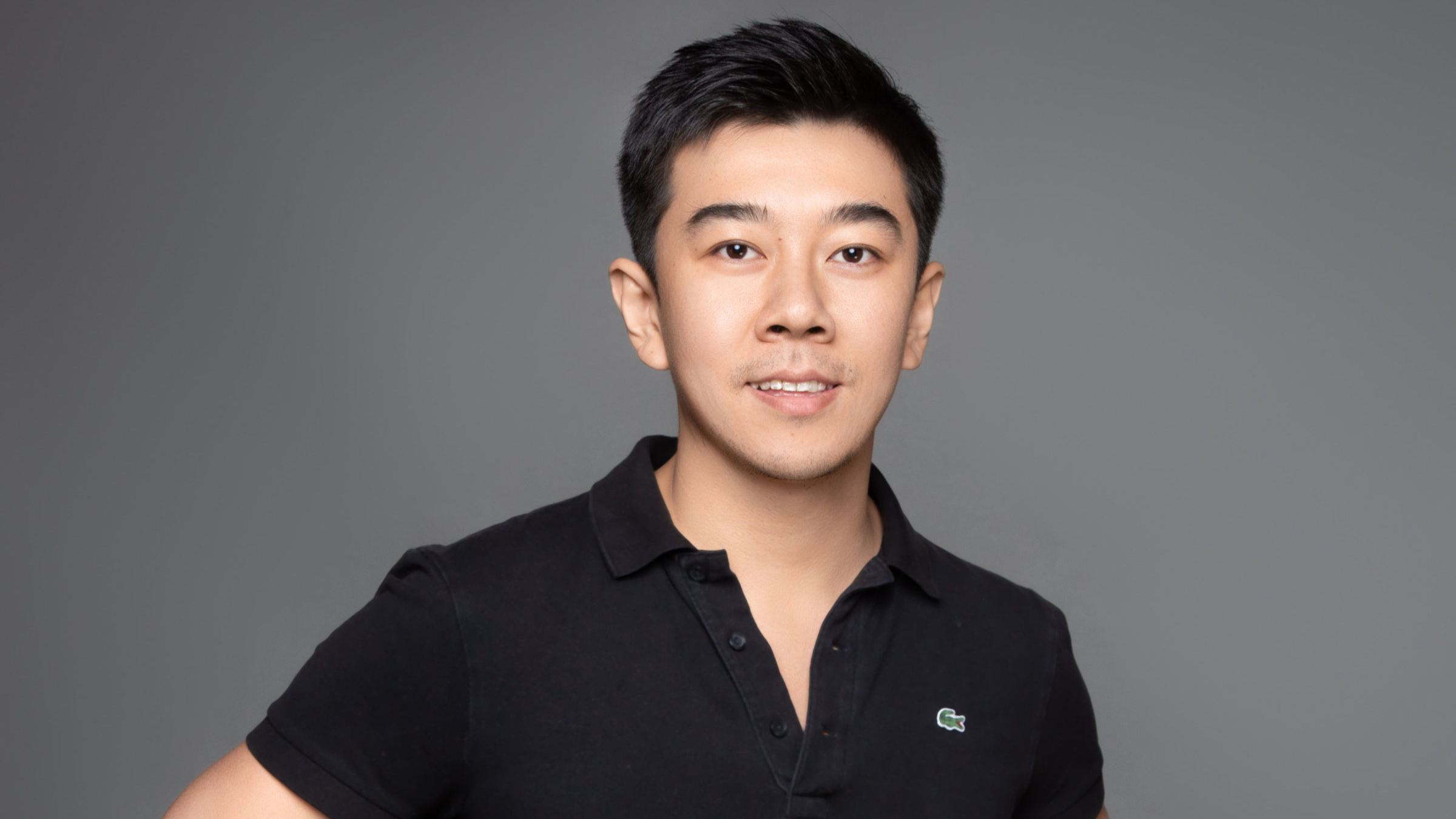
Lanny Sun, Full-Life Technologies CEO
With ops spanning Belgium and China, Full-Life inks $245M buyout to beef up radiopharma pipeline
From the day they incorporated Full-Life Technologies just over a year ago, Lanny Sun and his co-founders knew they wanted to in-license and acquire promising …
Sign up to read this article for free.
Get free access to a limited number of articles, plus choose newsletters to get straight to your inbox.